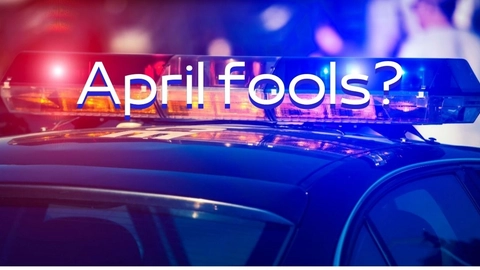Poland's Deputy Prime Minister Władysław Kosiniak-Kamysz has declared that Ukraine cannot join the European Union until the two countries resolve the contentious issue of the Volhynia massacre.
No Open Borders
According to Hotnews this historical dispute, dating back to World War II, continues to strain relations between the nations.
Speaking on PolSat television, Kosiniak-Kamysz, who also serves as the Minister of Defense, emphasized that "there will be no open borders or trade exchanges at the current level [with Ukraine] if the issue of Volhynia is not resolved." His remarks, reported by La Razon and Radio Romania, underscore Poland's firm stance on the matter.
The Volhynia massacre, referred to by some as genocide, involved the killing of approximately 120,000 Polish civilians by Ukrainian nationalists in the region of Galicia (now part of Ukraine) between 1943 and 1945. This dark chapter in history remains a sensitive topic, with Poland and Ukraine holding differing views on the events and their implications.
Won't Allow Them to Join
Kosiniak-Kamysz made it clear that addressing this issue is a prerequisite for Ukraine's potential EU membership.
"Let me be clear: Ukraine will not join the European Union if the issue of Volhynia is not resolved," he stated, without specifying the necessary steps for resolution.
Polish President Andrzej Duda also recently highlighted the importance of acknowledging the past to build a future based on truth. On July 11, a national day of remembrance for the victims of the Volhynia massacre, a monument was unveiled depicting a Polish child impaled by a trident, a symbol associated with Ukraine.
President Duda reiterated Poland's commitment to a dignified commemoration and the continuation of exhumation projects to uncover wartime mass graves, which had been delayed due to the ongoing conflict in Ukraine.


















